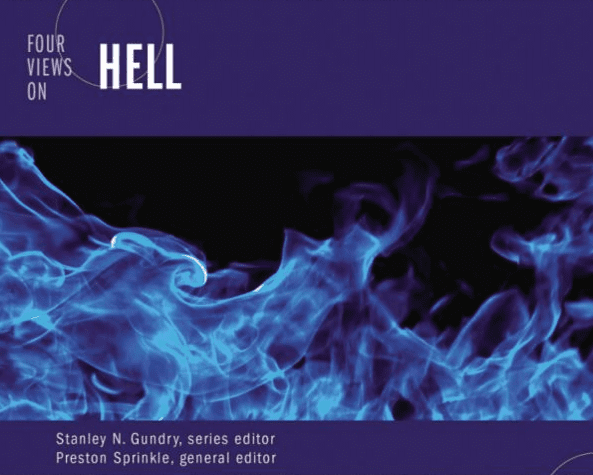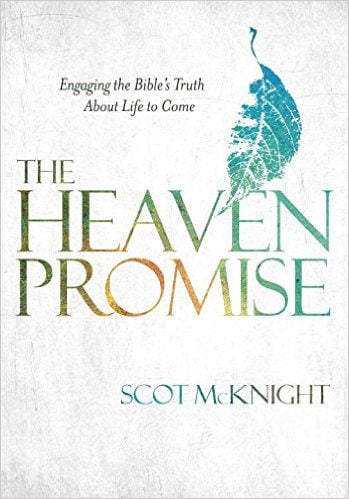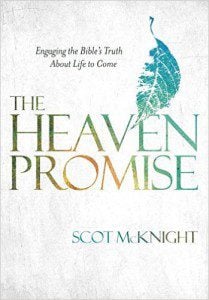John Sanders is a well-known Christian theologian and philosopher at Hendrix College, and is perhaps known most for his advocacy of open theism. He is a freewill theist, and so his philosophical and theological expertise was brought into the discussion to engage Thomas Talbott’s case for universalism in the book, Universal Salvation?: The Current Debate, edited by Robin Parry (aka, Gregory Macdonald) and Christopher Partridge.
 In my last post from this book I cobbled together three observations from Eric Reitan’s chp in order to engage in a conversation about the conditions for hell, but I admit that I didn’t do justice to Reitan’s own interests in that chp (and didn’t intend to). In this post I want more to discuss what Sanders is arguing, and it will be difficult because to do full justice to Sanders we have to summarize Talbott, and to do both of those things would take a post too long to read. So, I will do my best to sketch some of Sanders’ major points.
In my last post from this book I cobbled together three observations from Eric Reitan’s chp in order to engage in a conversation about the conditions for hell, but I admit that I didn’t do justice to Reitan’s own interests in that chp (and didn’t intend to). In this post I want more to discuss what Sanders is arguing, and it will be difficult because to do full justice to Sanders we have to summarize Talbott, and to do both of those things would take a post too long to read. So, I will do my best to sketch some of Sanders’ major points.
Talbott argues the case for universalism, arguing in essence that humans, if they are fully rational etc, will eventually choose God and that God’s love means God will seek their best and that God’s love and the endless opportunity to choose, and the justice of making humans fully capable of a reasonable choice combine to create a condition in which universalism is certain.
Does Talbott’s view of being fully rational respect human choice adequately? Do you consider free will essential to how God made us? Does God “risk” when God makes humans and gives them free will? Or, does a libertarian sense of free will entail that God had to take risks when God made humans? Why do you think God made a world in which humans could rebel against God? Is that the best of all possible worlds? Why?
Followers of this academic debate will not be surprised to learn that Sanders doesn’t think Talbott takes freewill theory seriously enough. In the end, Sanders thinks Talbott robs choice of power because God makes conditions that virtually require, or at least necessarily entail, a choice for God.
He begins with a smaller point: Talbott’s belief that humans in heaven can’t be happy knowing the suffering of those in hell. Sanders’ big point is that we don’t know the heavenly condition or ourselves well enough to render such a judgment.
Sanders argues for a libertarian free will and that means humans could have chosen otherwise when they chose to do something. His point here is that God gives humans that kind of free will and that entails humans choosing not to respond to God. So God risks non-love and rejection when God gives humans libertarian free will. Talbott finally argues that such a libertarian free will does not describe God’s redemptive plan.
Talbott, he argues, believes God makes us almost godlike in order to put us in the complete condition of responsible choice about God. That is, he argues that Talbott argues that we become truly free only when we choose God. (Sanders thinks sin is irrational, so the whole God makes us fully rational does not fully explain the problem of humans choosing to sin.)
Another point: soul making theodicy. God made a world in which sin was needed in order to make humans full responsible and capable of choosing God in love; this soul making theodicy, Sanders argues, gets too close to making God the author of evil.
Thus, in the end Sanders thinks Talbott has to have God do an eschatological lobotomy on humans so they will all choose God.











